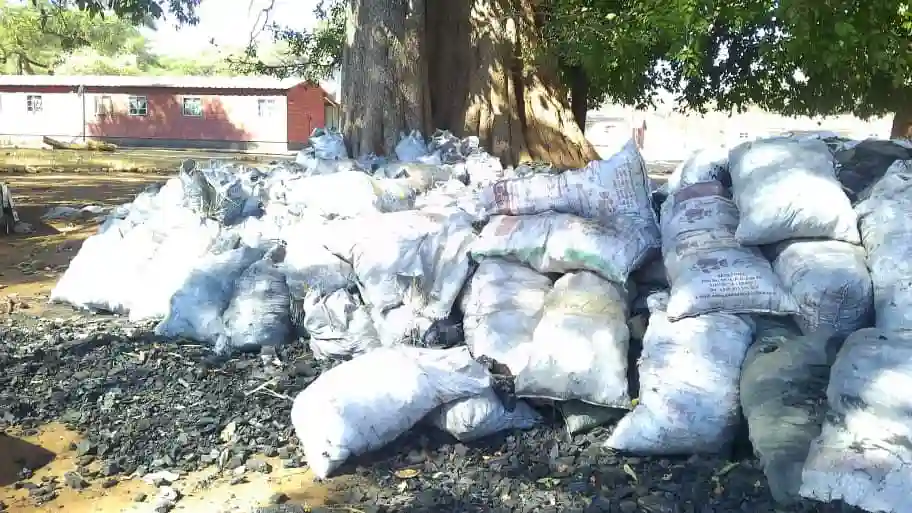The production, marketing and usage of charcoal are crimes unless the charcoal is made from exotic trees, an official has said.
Zimbabwe’s forests are under threat as charcoal has become a substitute for electricity and liquefied gas for low-income households.
Charcoal is produced from wood and its increased usage results in increased deforestation and soil degradation.
Indigenous trees such as musharu or mopani, msasa, mutondo, muunze and mupfuti fetch a higher price on the market compared to exotic trees.
Forestry Commission Manicaland provincial manager, Phillip Tom said the charcoal trade has a devastating impact on the environment. He said:
It is illegal, just like cutting down trees for firewood. Even importation of charcoal into Zimbabwe is not allowed as it triggers local illicit production, marketing and consumption of the product.
Issuance of special import licenses has been suspended and we have not been issuing any such permits.
A lot still needs to be done to combat the production, marketing and consumption of charcoal, given its devastating impact on the environment.
We conduct raids but some of the poachers devise new strategies to evade arrest.
The charcoal is being supplied from Gudo area bordering Chiredzi where there are a lot of Mopani trees.
The poachers are now operating during the night to evade arrest.
A 50kg bag of charcoal is sold for US$12, a bucket of charcoal fetches US$4 or its equivalent, while a plastic bag full costs US$1.
According to the Forestry Commission of Zimbabwe, the country is losing about 60 million trees — about 33 000 hectares of forests to illegal deforestation each year.
More: The Manica Post

